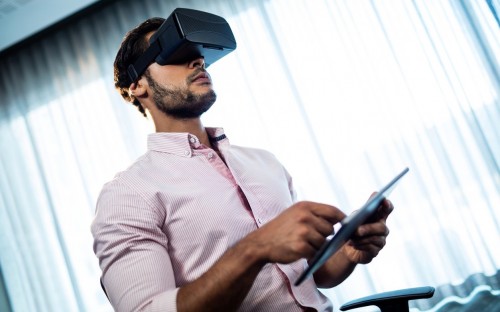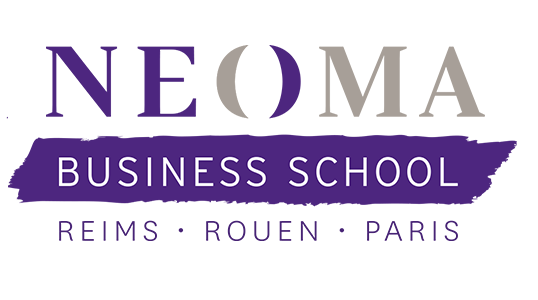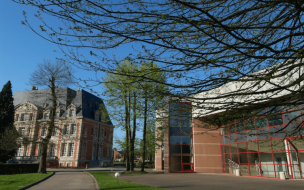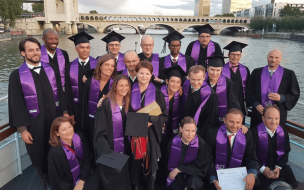The school was the first in the world to use immersive virtual reality (VR) in its management courses. In a marketing simulation, students are equipped with virtual reality headsets and analyze the setup of a store reconstructed in 360° photos and videos.
At NEOMA Business School, Helena González Gómez—HR professor and head of the People and Organizations Department—explains, virtual reality is used as a complementary teaching resource alongside a host of experiential learning experiences; internships, company visits, and student society expeditions. The goal, she says, is to foster creativity; crucial for business success.
“In this fast, rapidly-changing business environment, you need innovation to compete at different levels. And the first step for innovation is creativity,” Helena says, speaking to me at the MERIT Summit for executive education in Lisbon, where she delivered a workshop on the importance of creativity in organizations.

“Why should we care about creativity? The numbers show that if people in an organization are more creative, that organization performs better,” she continues. “You need to ensure the people in your organization are motivated, experts in their field, and have the personality that enables creativity.”
In a 2010 study of over 1,500 CEOs across 60 nations conducted by IBM, 60% cited creativity as the most important leadership quality. For Helena, who has a PhD in Management from Spain’s IE Business School, creativity is associated with organizational sustainability.
She works to foster creativity in her classes at NEOMA Business School through diverse teaching methods. In an HR simulation program for example, students assume the role of a manager of a company implementing a new training program, and their managerial skills are assessed digitally.
“You might be a ‘born creative’, but there are things you can do to become more creative. You need belief; you need to exercise your brain; you need to take risks and make mistakes,” Helena says. Business school provides students with the environment to do that.
“We use digital tools, simulations, and experiential learning,” she continues. “If we’re given the opportunity to learn in different ways, we can develop. Businesses are using more technology and, to keep up with new developments, business schools need to adapt.”
NEOMA Business School, created in 2013 by the merger of France’s Rouen Business School and Reims Management School, has innovation at its core. The school, which has campuses in Rouen, Reims, and Paris, has just launched a new business incubator for its budding student entrepreneurs in the French capital.
NEOMA Business School has a distinct international flavor too, with over 80 nationalities represented on campus, and a network of over 55,000 alumni extended across over 90 countries worldwide. It’s ranked among the top-50 business schools in Europe by the Financial Times.
Helena, originally from Colombia, focuses her research on emotion, nepotism, creativity, and wellbeing in business. She’s experienced working at a variety of global business schools, but finds the collaborative environment at NEOMA Business School unique.
“There’s a real team atmosphere here,” she says. “Students take on different business projects which are developed with real organizations. They have to be entrepreneurs as they help real organizations solve real problems.”
What does Helena want from her students in 2018? “That they are hungry to learn,” she says. “I want my students to challenge assumptions and challenge me so we can learn together—that’s what enriches their learning experience.
“[At NEOMA Business School], students open their minds to understand new business realities,” she continues. Using cutting-edge technology is a part of that.
RECAPTHA :
9a
71
d6
24









